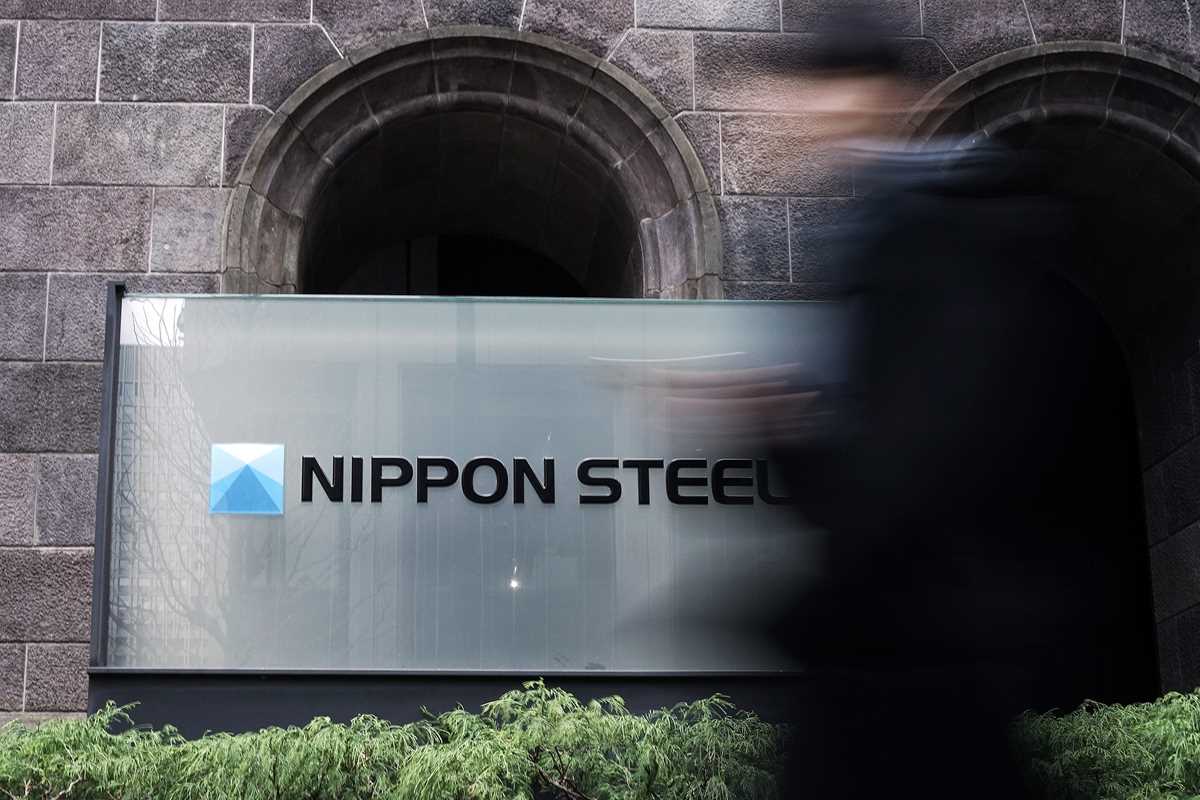Can Nawaf Salam Bring Change to Lebanon?
As Nawaf Salam steps into the role of Lebanon's prime minister, hopes soar amidst complex challenges. Supported by Western powers but facing opposition from Hezbollah, Salam's tenure could reshape Lebanon's future.
Published January 14, 2025 - 00:01am

Image recovered from washingtontimes.com
The appointment of Nawaf Salam as Lebanon's new prime minister heralds a significant shift in the country's political landscape. His nomination follows the recent election of General Joseph Aoun as president, culminating a prolonged period of political vacuum and caretaker governance. Salam's ascent to power comes amid Lebanon's deep economic crisis and the aftermath of the year-long conflict between Hezbollah and Israel, which left the country severely battered both physically and economically.
Salam, a renowned diplomat and jurist, commands notable prestige as the current president of the International Court of Justice. His political career is punctuated by a strong academic background, with degrees from prestigious institutions such as Harvard and the Sorbonne. Notably, Salam's prominence in international judicial circles brings a fresh perspective, particularly as he is perceived as an independent candidate detached from Lebanon's traditional political elite. This perception has been further boosted by his support from Western nations and Saudi Arabia.
In the Lebanese parliament, Salam secured overwhelming backing from 84 legislators, signaling cross-party support from factions opposing Hezbollah's influence. This legislative support translates into heightened expectations from both the Lebanese populace and international observers. As the country languishes in one of the worst economic crises in recent history, instigated by widespread financial collapses and systemic corruption, Salam's role becomes pivotal in spearheading the necessary reforms that could unlock international financial aid crucial for Lebanon's revival.
Despite the anticipated optimism, Salam's path is fraught with challenges, primarily stemming from the complex sectarian and political dynamics that define Lebanon. The political apparatus in Lebanon operates under a power-sharing system among the main religious sects, with the prime minister traditionally a Sunni Muslim, a position Salam embodies. However, this system has often led to political gridlocks, significantly hindering meaningful governance.
Hezbollah, Lebanon's influential militant and political organization, has expressed strong opposition to Salam, marking him as a U.S.-backed candidate, thus questioning his impartiality and allegiance. This opposition stems from Hezbollah's weakened state post-conflict, which saw significant territorial and military retreat, further complicated by Iran's geopolitical setbacks in the region. Notably, the choice of Salam has been interpreted by some, including pro-Hezbollah factions, as a strategic coup orchestrated by Western powers, notably the United States, intending to diminish Hezbollah's influence in Lebanon's governance.
Politicians like George Adwan from the opposing Lebanese Forces party suggest that Hezbollah might now need to prioritize political over military engagements to restore economic stability and national unity. This perspective reflects broader public sentiment advocating for institutional reform and transparency as foundational steps towards economic recovery.
The nomination has already ignited celebrations across Beirut, manifesting the public's yearning for rejuvenation amid years of economic turmoil characterized by currency collapse, banking failures, and widespread poverty. Such enthusiasm underscores the urgent need for Salam's government to implement sweeping economic reforms to satisfy international donors and investors.
However, Salam's government faces an uphill battle in restructuring Lebanon's debt, overhauling public sector governance, and revitalizing private investment. Simultaneously, he must navigate significant sociopolitical reforms, all while striving to consolidate peace and security in a fractured nation still recovering from the scars of past conflicts.
As he prepares to step into office, Nawaf Salam faces the daunting task of balancing realms of traditional political sectarianism with the modern demands for sustainable governance. His success or failure in this role will inevitably influence Lebanon's trajectory – either ushering in renewed hope and stability or reinforcing patterns of disillusionment and stalemate.







